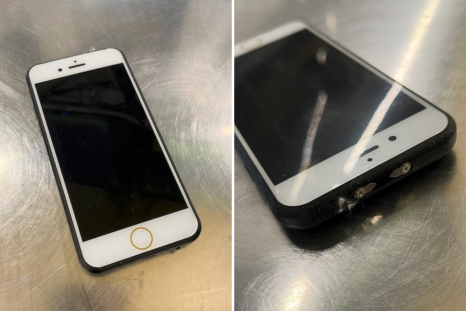It dawns on me, as I load the panniers of my bicycle with legume-filled Kilner jars, that I have become a cliché. Formerly a beef-guzzling short-haul flight enthusiast, I now make regular trips to the “zero-waste” shop, topping up hoarded containers with rice, pasta, oil and nuts in an admittedly feeble effort to reduce my environmental impact. I traipse down there with my empty jars and saved-up egg boxes and return with my buckwheat fusilli and a general sense that I’m helping.
I know these shops only offer a reduction in waste rather than its elimination, but I do it anyway. The UK throws away 100 billion items of plastic every year, amounting to 2.5 million tonnes, and I’d like to at least reduce my contribution to that statistic. Besides, given the carbon footprint of plastics (their manufacture and disposal accounts for around 3 per cent of global emissions) reducing their use is likely to become a bigger part of our lives in the decades to come.
So is it worth joining the trend? Regardless of your household’s environmental priorities, the answer is probably yes. Provided you’re willing and able to experiment with new, experimental schemes. For instance, Ocado just launched a trial of refillable containers for everyday products including pasta and rice.

Alternatively, you could detour to a low-waste specialist as part of your “big shop”, buying in bulk. Plus, reusable packaging has significant advantages aside from the not-inconsiderable environmental benefits. My life has been improved by my multiple containers of basmati and split peas…
The refillables you should buy
Lentils

It’s not like they were ever a significant household investment, but buying legumes by the kilo takes budget meal prep to the next level – and saves all that hard-to-recycle crinkly plastic. Combine with bulk-bought bouillon for a thrifty daal.
Soy sauce
You get through more of it than you think. Maintain a cost-effective browser of the stuff in your pantry rather than buying it 150ml at a time, but decant it into a smaller Kikkoman bottle for easy pouring.
Olive oil
Cheaper and nicer than supermarket stuff. I buy two litres of Lesbian Donkey for everyday vinaigrettes, (500g costs £10.30 in comparison to 500mls of Organic Filippo Berio for £10.95 at Waitrose) and a small bottle of something indulgent for when I want to “dress to impress”. You can usually buy 100ml at a time if that’s all you need.
Rice
The 25kg bags at Asian supermarkets are far too big, but the 750g bags I used to buy from Waitrose have an appalling meals-to-plastic ratio. Most zero-waste shops have a good selection of rice varieties which can be cheaper than in mainstream supermarkets.
Peanut butter
Peanut butter is also a revelatory experience when consumed directly from the machine. Many zero-waste shops have a ‘nut mill’, which is exactly what it sounds like, and will change your relationship with peanut butter forever. At my local store, 275g of fresh produce sets me back £2.75; at Waitrose, the same amount of Manilife’s Original Peanut Butter is £4.
Shampoo and soap

I was sceptical at first, but toiletries are (for me, at least) a big source of packaging waste, and my bar of shampoo seems just as good as the liquid stuff. Perhaps your self-care routine is more intricate than mine, but try low-waste toiletries if you can.
Baking goods
Do you need a handful of macadamias for a recipe? Are you reluctant to buy a whole bag of flaked almonds for a little garnish? Like many smaller supermarkets, your local zero-waste shop will prevent food waste by selling you only the needed amount.
...and the ones to avoid
Just pick these up in your regular supermarket shop
Flour
Unless you’re baking industrial quantities of cake, a bag of flour is probably fine. It doesn’t keep forever and the thin paper bag it usually comes in can be easily recycled along with the newspaper.
Crisps
Some zero-waste shops offer crisps, which pale in comparison to mainstream bags. A better bet is the Bombay Mix, the rice puffs or the wasabi peas, all of which keep better in the relatively humid atmosphere of a countertop Kilner jar.
Sweets

Zero-waste shops often sell sweets, but don’t expect commercial-grade flavours – they’ve been made with natural ingredients rather than the chemicals you crave, and seem to clump together in hot weather. Just buy your wine gums from the newsagent.
Containers
Resist the urge to buy new jars and bottles at the zero-waste shop, and instead try to find a use for one of the billions already in existence. We cannot spend our way out of consumerism.
Family favourites
There’s no point in being puritanical about waste. You’ll never convince a disappointed child that bulk-bought spelt flakes are as good as Frosties, or a vexed spouse that their Friday night treat is environmentally problematic.
Disclaimer: The copyright of this article belongs to the original author. Reposting this article is solely for the purpose of information dissemination and does not constitute any investment advice. If there is any infringement, please contact us immediately. We will make corrections or deletions as necessary. Thank you.



